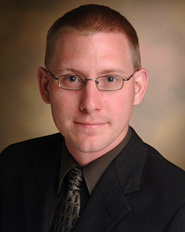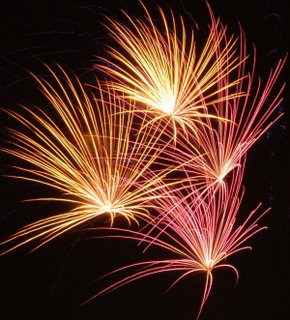
Alan Theisen (b. 4 October 1981; Port Huron, Michigan) is a Ph.D. graduate assistant in the Department of Music Theory at the Florida State University.
Composing since the age of sixteen, he has produced a steadily growing body of work distinguished by its musical energy and concentration of expression.
Representative works by Theisen include a Sonata for Alto Saxophone and Piano, Variations on a Theme of Gretchaninov, Eclogue for flute, and the Concerto for Alto Saxophone and String Orchestra (premiered by soloist Lawrence Gwozdz and the Szczecin Philharmonic in 2004). Recent compositions and commissions include Ritorno for flute and cello and a Triple Concerto. Noted composer Dimitri Terzakis commends Theisen's oeuvre as being "the product of a unique talent."
As a saxophonist, Theisen has toured the United States and Canada with the Sax-Chamber Orchestra, performing at two World Saxophone Congresses (Montreal - 2000, Minneapolis - 2003). He studied the instrument with internationally-recognized performer Lawrence Gwozdz and participated in masterclasses with famed saxophone pioneer Jean-Marie Londeix. No stranger to the podium, Theisen has been a guest conductor with several ensembles.
In an effort to showcase both his own original compositions and pieces by other contemporary composers, he founded the Intégrales New Music Festival in 2005. Now an annual event, Intégrales NMF features world-premiere performances by nationally recognized musicians. Intégrales has expanded to include musical collaborations with artists, authors, and dancers.
Theisen wrote his undergraduate thesis on György Ligeti's Piano Etudes, and has authored several papers on topics including Elliott Carter, film editing, composition as analysis, and Michael Brecker.
Other interests include mathematics, film criticism, and philosophy; in addition, Theisen has performed the role of Oberon in a production of Shakespeare's A Midsummer Night's Dream, for which he also wrote the incidental music.
Theisen lives with his wife (and puts up with their two cats) in Tallahassee, Florida.
|
|
|
|
|
|

Saturday, July 08, 2006
The "G" Word
One of my several peeves is our culture's overuse of the "G" word.
Genius.
My personal use of the "G" word is limited only to those individuals whose creative output consistently reflects a profoundly original way of viewing their field; so unique is their perspective that for years to come, others working in their territory cannot help but imagine the genius' solutions when faced with similar problems. "Genius" stems from a Latin cognate of the Greek genos which means "race" or "offspring". The word "genius", then, is inextricably linked to the idea of originality, the concept of giving birth, or being the bold and first.
"Genius" is not a word I use liberally: - If you write 90 novels, it does not make you a genius. It means you are prolific.
- If you compose five symphonies by the time you are 14 years old, it is not a guarantee of genius. It simply means you are a prodigy, possessing a certain amount of facility.
- If millions of people around the world think you are the best at what you do, you are not necessarily a genius. You are popular.
Again, these are my own limits on use of the "G" word, but I urge others to please save the appellation "genius" for those who deserve it.
posted by Alan Theisen
Monday, July 03, 2006
Fourth of July
 Here is my ideal playlist for our nation's birthday: Here is my ideal playlist for our nation's birthday:
Excursions, Op. 20 – Samuel Barber
Symphony No. 2, Mvt. V – Charles Ives
Partita – Elliott Carter
Symphony No. 2, Mvt. II – Paul Creston
Saturday Night Waltz – Aaron Copland
Impronta Digitale – Judith Lang Zaimont
Ecuatorial – Edgard Varèse
Sonatas and Interludes – John Cage
Trio for Violin, Cello, and Piano – Charles Wuorinen
Symphony No. 6 – Howard Hanson
posted by Alan Theisen
|
| |



